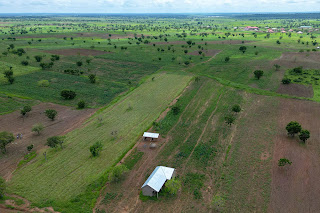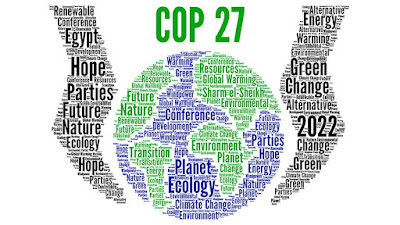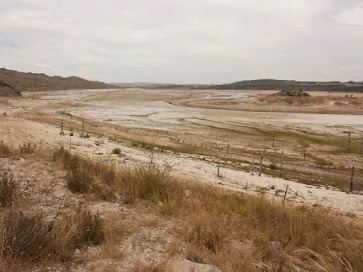Community management and future development

Are small achievable projects better than ambitious projects? Small private irrigation systems are already more significant than state irrigation systems in many sub-Saharan African nations in terms of land area, population serviced, and income a s smallholder agricultural water management (AWM) could increase yields by up to 300 per cent . For instance, the small private irrigation industry in Ghana employs 45 times more people and irrigates 25 times more land, improving food security and local living standard. Malawi In Malawi, 5.4 million people are experiencing moderate or severe chronic food insecurity, according to the IPC Chronic Food Insecurity Report . 19.1 million people, or more than 70% of the population, are estimated to be living in poverty, with a daily income of less than $1.90. Figure 1 :SHA projects in Malawi Increasing communities in Malawi are struggling to adapt to the climate change vulnerability and food shortage. The ...




